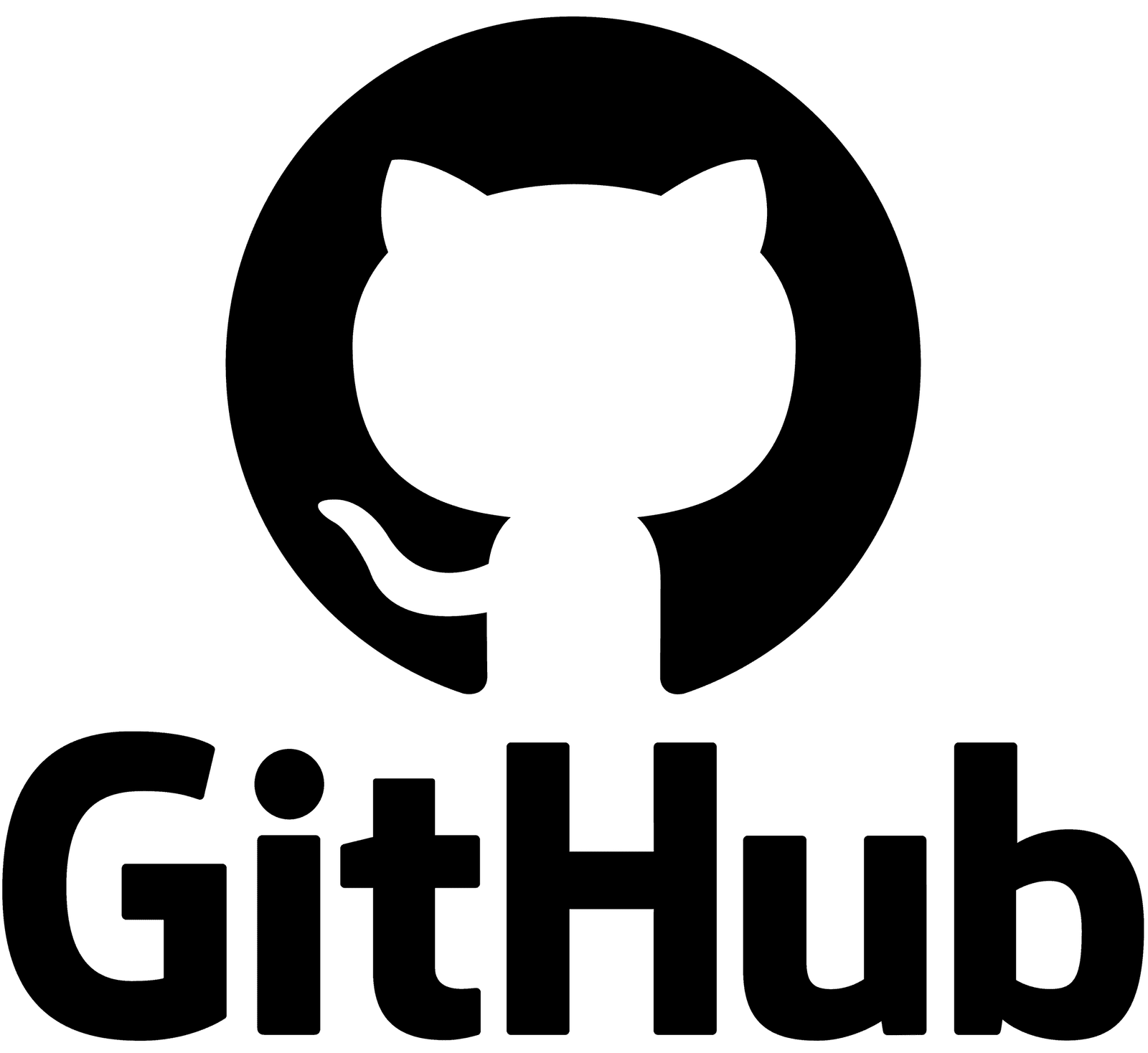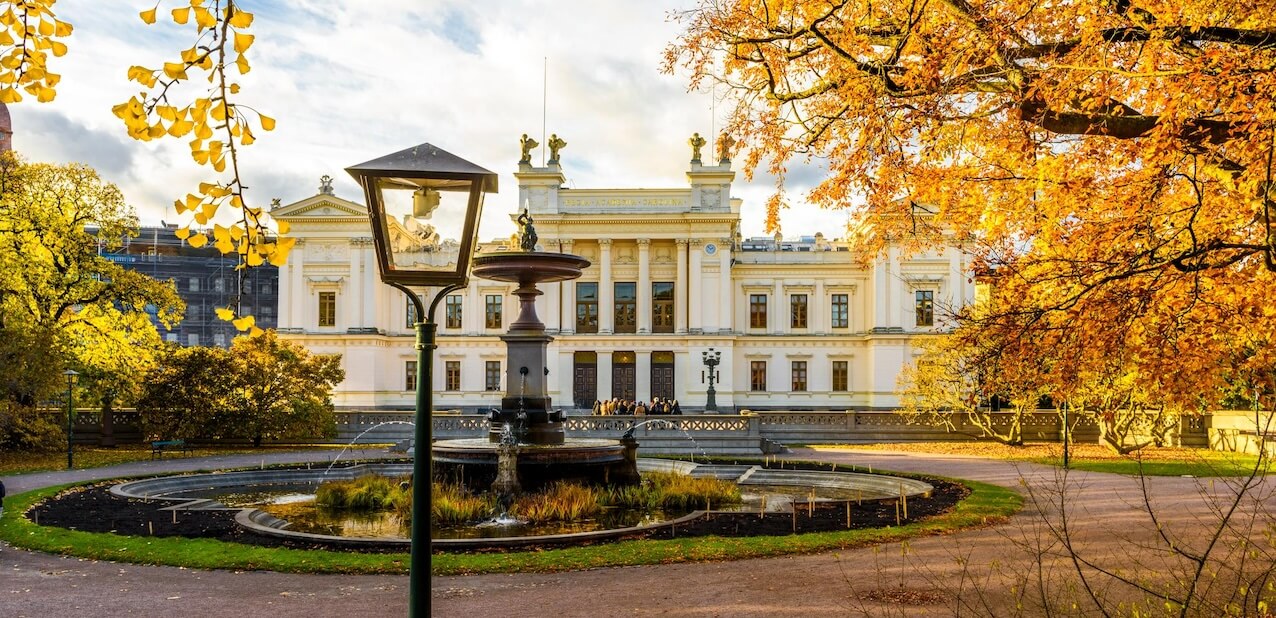Challenge
Leaving behind the industrial heart of Astraeus, you arrive in the district of Shattered Spire, a neighborhood ravaged by poverty. The buildings here are dilapidated, and many of the residents struggle to find basic necessities. Once home to workers who powered Astraeus’ industries, Shattered Spire now serves as a painful reminder of the inequalities left in the wake of economic collapse.
Yet, as you explore this community, signs of resilience shine through the challenges. Vibrant murals adorn the crumbling walls, depicting stories of hope and community spirit, while the scent of fresh produce wafts from local markets where neighbors gather, sharing laughter and camaraderie. Children play in makeshift parks, their laughter echoing against the backdrop of aging buildings, reminding you that life persists even in adversity. This area, though marked by struggle, is filled with the determination of its residents, who breathe life into the fight for a better tomorrow.
In this community, you meet Jace, a social worker who has dedicated his life to helping those most affected by poverty. He speaks of the overwhelming need for programs that not only provide aid but also empower people to escape the cycle of poverty through education, employment, and support networks.
Your challenge is to create a project that raises awareness or proposes solutions to reduce poverty in Shattered Spire. You could develop digital tools to connect residents with job opportunities, create educational platforms to help people upskill, or raise awareness about the structural challenges that perpetuate poverty. As you work alongside Jace, your project will aim to uplift those who have been forgotten by society, offering them the chance for a brighter, more prosperous future.
Project Brief: No Poverty Initiative
Consider how your work can:
- Raise awareness about the impact of poverty on individuals and communities.
- Propose practical solutions that help people gain access to education and job opportunities.
- Foster support networks that empower individuals to improve their circumstances.
Let your creativity guide you as you develop a solution that contributes to alleviating poverty and promoting a brighter future for all.

In collaboration with GitHub
We're thrilled to be collaborating with GitHub to be bringing this quest to life with Copilot.
GitHub Copilot is a generative AI tool that functions as a coding assistant to help you write code faster and so much more. What can GitHub Copilot actually do? The short answer is a lot. The longer answer covers a bunch of different use cases, workflows, coding languages, and much more.
Gain an introduction to Copilot in just 20 minutes here or check out this blog to get started.
Important Dates
Challenge opens:
February 3, 2025 at 9:00am ET
Challenge closes:
February 9, 2025 at 11:59pm PT
Submission Format
All projects for Mastery Quest: Sustainable Futures will be hosted on GitHub, making it easy to share and explore the amazing ideas you'll create throughout the summit.
All submissions must include:
- A public GitHub link to your project
- A screenshot of your project
- A brief description:
- Project concept
- How it embodies the theme
- Technologies used
- Notable features or challenges
Let's see what you build on GitHub as we work together toward a more sustainable future!
If you’re new to GitHub, now’s the perfect time to dive in! GitHub is a platform that lets you host, share, and collaborate on code—perfect for showcasing your Sustainable Futures project. Check out these resources to get started:
- GitHub for Beginners YouTube playlist
- GitHub’s Getting Started documentation
- A handy Git cheat sheet to guide you along the way.
-
Submission Guidelines
- Deadline: Submit your project by February 9.
- How to Submit:
- Submit via email to masteryquests@bletchley.org and use the subject: Bridging the Divide
- Ensure your project includes the required screenshot and description as specified above.
Judging Criteria
Your submissions will be evaluated based on:
- Creativity: How original, innovative, and imaginative is the project in addressing the challenge?
- Relevance to Theme: How well does the project align with and address the specific focus of the challenge?
- Clarity of Concept: How clearly and effectively does the project communicate its purpose, approach, and potential impact?


